Image of 1948 Mercury Mercury, Note: These illustrations use artistic license and may differ from actual historical models.
Performance Metrics
Fundamental Metrics
Emotional Appeal
MMP Rating
| Engine Specifications | |
|---|---|
| Engine: | Flathead V8 |
| Displacement: | 239.4 cu in (3.9 L) |
| Horsepower: | 100 hp |
| Torque: | 180 lb-ft |
| Compression Ratio: | 6.8:1 |
| Ignition System: | Distributor and coil |
| Cooling System: | Water-cooled |
| Performance Specifications | |
| 0-60 Time: | Estimated 15-20 seconds |
| 1/4 Mile Time: | Information not available |
| Top Speed: | 80-85 mph |
| Transmission and Drive | |
| Drive Type: | Rear-wheel drive |
| Transmission Type: | 3-speed manual |
| Fuel and Efficiency | |
| Fuel System Type: | Carburetor |
| MPG: | Estimated 15-20 mpg |
| Dimensions and Brakes | |
| Brakes: | Drum brakes |
| Wheelbase: | 118 inches |
| Weight: | 3,200 lbs |
Note: Specifications for classic cars are given to the best of our ability, considering the limited and variant data available.
A Gleaming Relic of Post-War Optimism: The 1948 Mercury Mercury
The year 1948 marked a significant turning point for the American automotive industry, and at the forefront of this post-war renaissance was the Mercury Mercury. As a division of Ford Motor Company, Mercury was known for blending luxury with performance, and the '48 model was no exception. This vehicle emerged as an emblem of American resilience and innovation, capturing the spirit of an era ready to leave behind wartime austerity for a future filled with promise and prosperity.
One unique fact that car enthusiasts might find fascinating is that the '48 Mercury was one of the first cars to be designed with a "ponton" body style, which started the trend away from the pre-war separated-fender design. This transition would set the stage for automotive design in the decades to come.
Design and Innovation: A Harmonious Blend of Style and Substance
The 1948 Mercury boasted a streamlined silhouette, characterized by its rounded fenders, a bold grille, and sleek chrome accents. The car's exterior styling exuded elegance and strength, with a long hood that hinted at the power beneath. Inside, passengers were treated to an interior that prioritized comfort and luxury. Upholstery options included high-quality fabrics and leathers, while woodgrain accents adorned the dashboard and door panels.
Technologically, it featured advancements such as an optional overdrive transmission and a "Liquamatic" drive, Ford's first semi-automatic transmission. While not as successful as hoped, it was indicative of the era's push towards innovation. Color options ranged from stately blacks and blues to vibrant reds and greens, with popular choices often reflecting the exuberance of post-war America.
Body styles varied from coupes to convertibles to sedans, but perhaps the most iconic was the two-door Town Sedan. It struck a balance between practicality and style that resonated with consumers of the time.
Historical Significance: More Than Just a Car
The 1948 Mercury Mercury didn't just transport people; it transported ideas. It was among the vehicles that bridged pre-war design sensibilities with modern ones. Its impact on automotive design is evident in how it influenced car aesthetics well into the 1950s. The integration of fenders into the bodywork would become a staple in automotive design for years to come.
Performance and Handling: A Smooth Operator on Any Road
Underneath its stylish exterior lay a flathead V8 engine that delivered solid performance for its time. With a top speed nearing 90 mph and capable acceleration, this Mercury could hold its own on America's rapidly expanding highway system. Handling was typical for cars of its era—soft suspensions meant smooth rides over bumps but also more body roll on windy roads. Drivers often praised the vehicle's comfortable cruising capabilities and noted the distinctive purr of its V8 engine—a sound synonymous with American motoring culture.
Ownership Experience: A Versatile Vintage Marvel
The 1948 Mercury found its place in various roles—from daily driving duties to weekend show car exhibitions, even occasionally hitting the racetrack. Owners appreciated its reliability and straightforward mechanics which made maintenance relatively easy for those familiar with wrenching on cars.
Fun Facts: The Celebrity Status and Record-Breaking Legacy
This classic has seen its share of limelight with rare editions that have become collectors' dreams. Celebrity ownerships have also added to its allure; imagine cruising down Sunset Boulevard in a car once owned by Hollywood royalty! While not known for breaking speed records, it certainly set sales records for Mercury at the time.
Criticisms were few but did include remarks about its heftier fuel consumption—a small price to pay for driving such an iconic piece of machinery.
Collector's Information: A Prized Possession
Today, estimating exact production numbers can be challenging; however, it is believed that tens of thousands were produced across all body styles. As for value range, well-preserved examples can fetch anywhere from $20,000 to $50,000 or more depending on provenance, condition, originality, and rarity.
The market has shown appreciation for these classics over time—those looking to invest in automotive history will find their money well spent here.
Conclusion: The Enduring Legacy of an American Classic
The 1948 Mercury Mercury stands as a testament to an era filled with hope and progress. It encapsulates post-war American optimism in steel, chrome, and glass—a true classic that continues to captivate enthusiasts around the world. Whether admired at a distance or experienced behind the wheel, this vehicle remains an enduring piece of Americana worth cherishing.
1948 Mercury Mercury Catalog of Parts
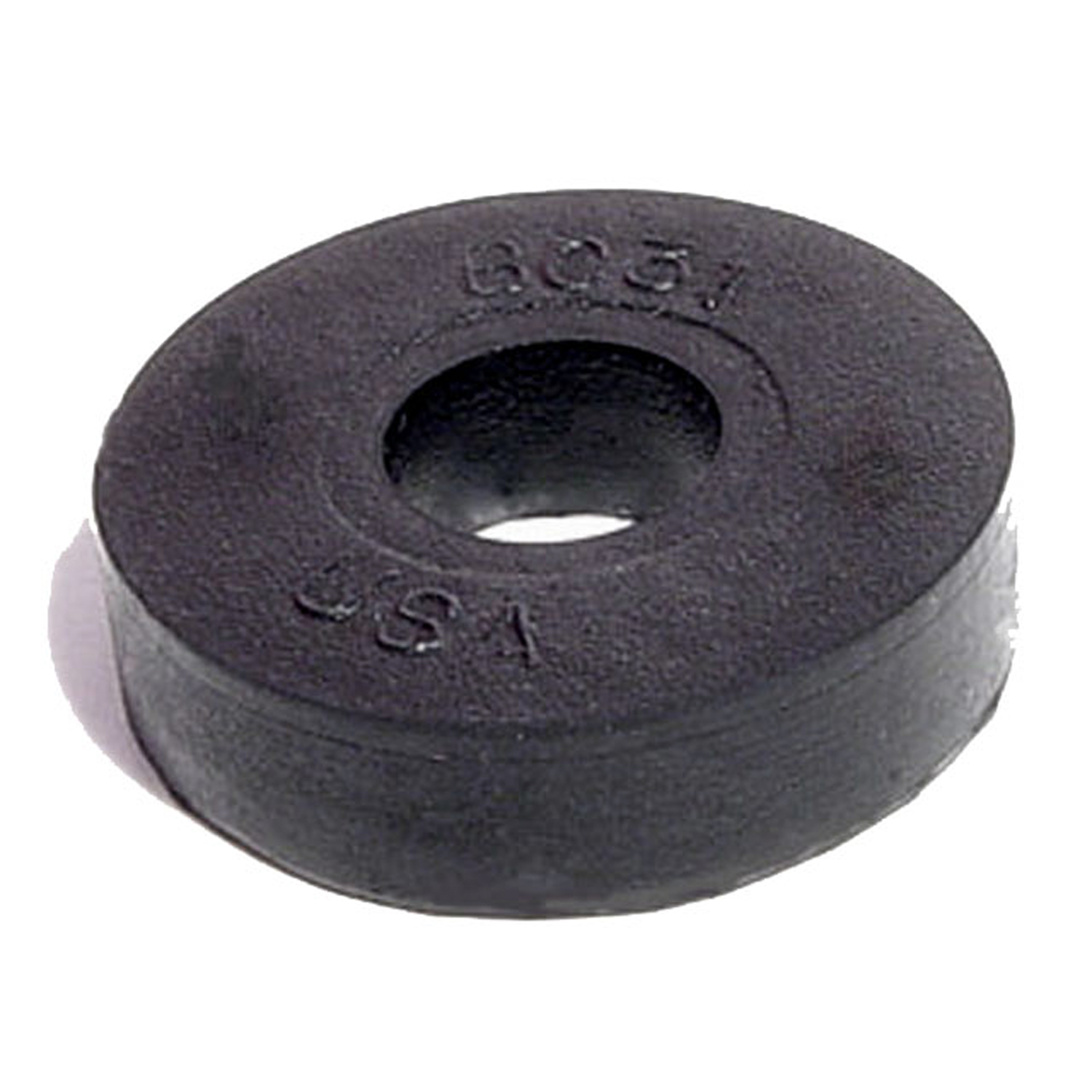 1948 Mercury Mercury Fender Washer Cushion. 1" O.D., 3/8" I.D. Each-BC 31Fender Washer Cushion. 1" O.D., 3/8" I.D. Each
1948 Mercury Mercury Fender Washer Cushion. 1" O.D., 3/8" I.D. Each-BC 31Fender Washer Cushion. 1" O.D., 3/8" I.D. Each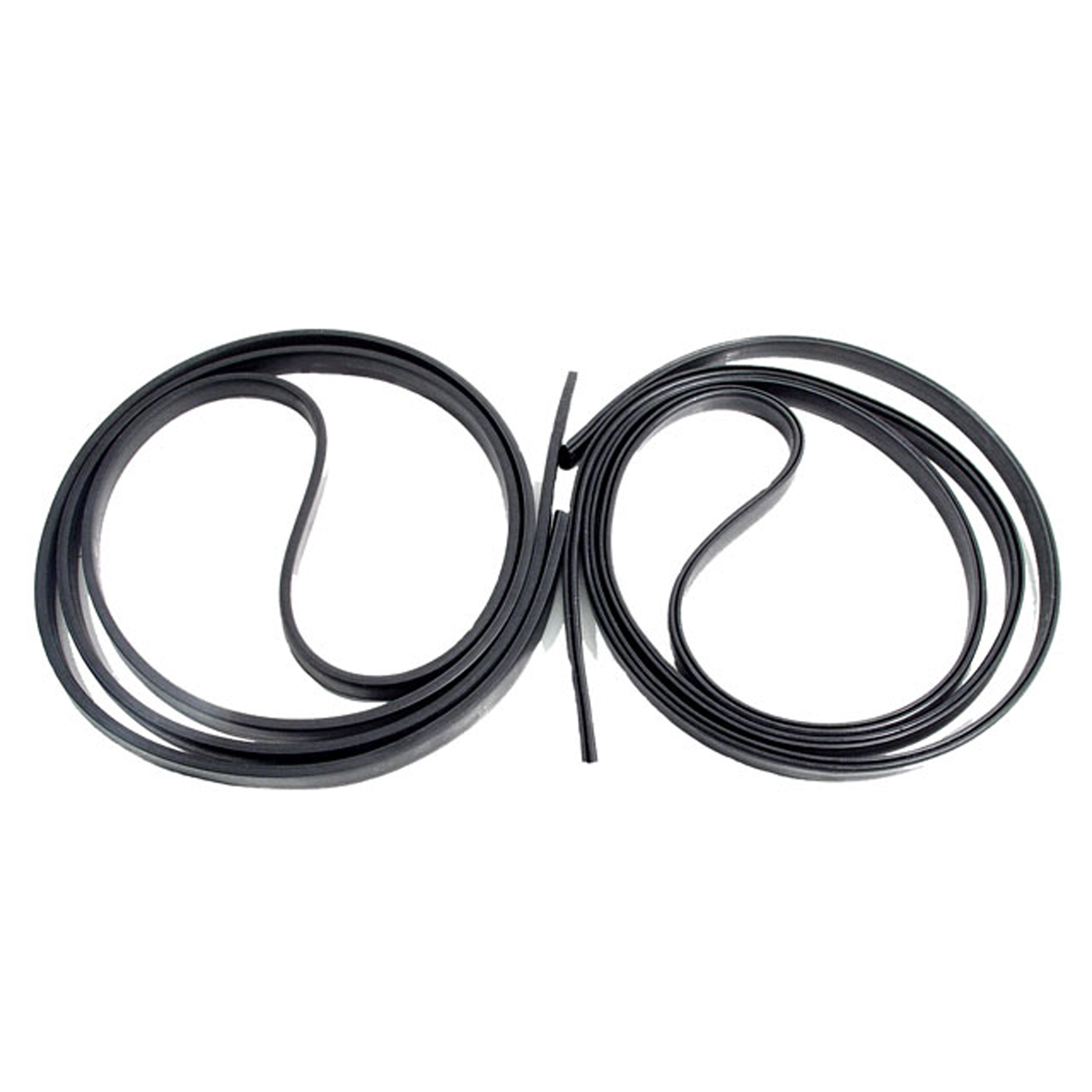 1948 Mercury Mercury Fender Skirt Seals. Each Piece 5' long. Pair-BG 111-PFender Skirt Seals. Each Piece 5' long. Pair
1948 Mercury Mercury Fender Skirt Seals. Each Piece 5' long. Pair-BG 111-PFender Skirt Seals. Each Piece 5' long. Pair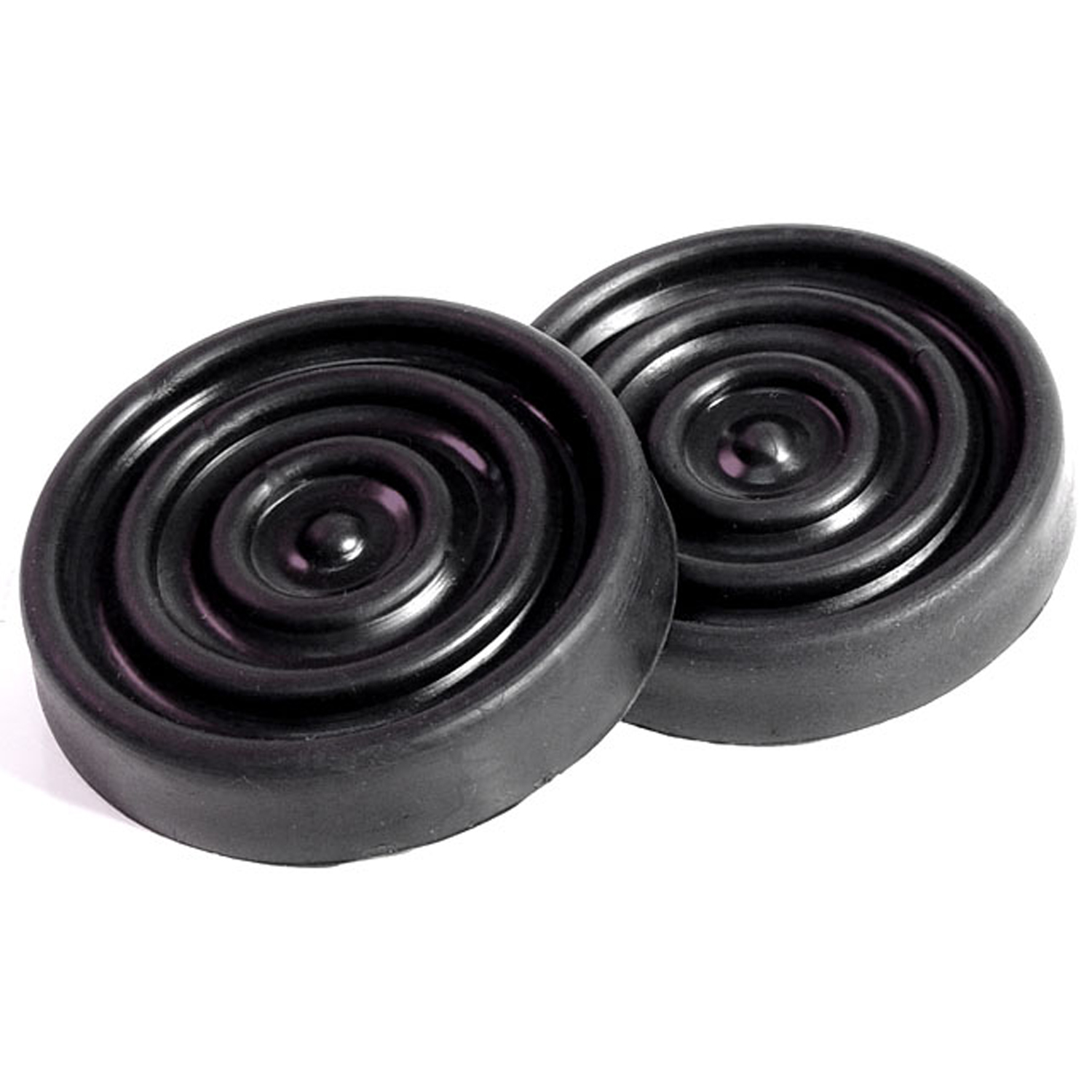 1948 Mercury Mercury Clutch and Brake Pedal Pads-CB 106Clutch and Brake Pedal Pads. Made with molded steel core and threaded stud. 3" diameter. Pair
1948 Mercury Mercury Clutch and Brake Pedal Pads-CB 106Clutch and Brake Pedal Pads. Made with molded steel core and threaded stud. 3" diameter. Pair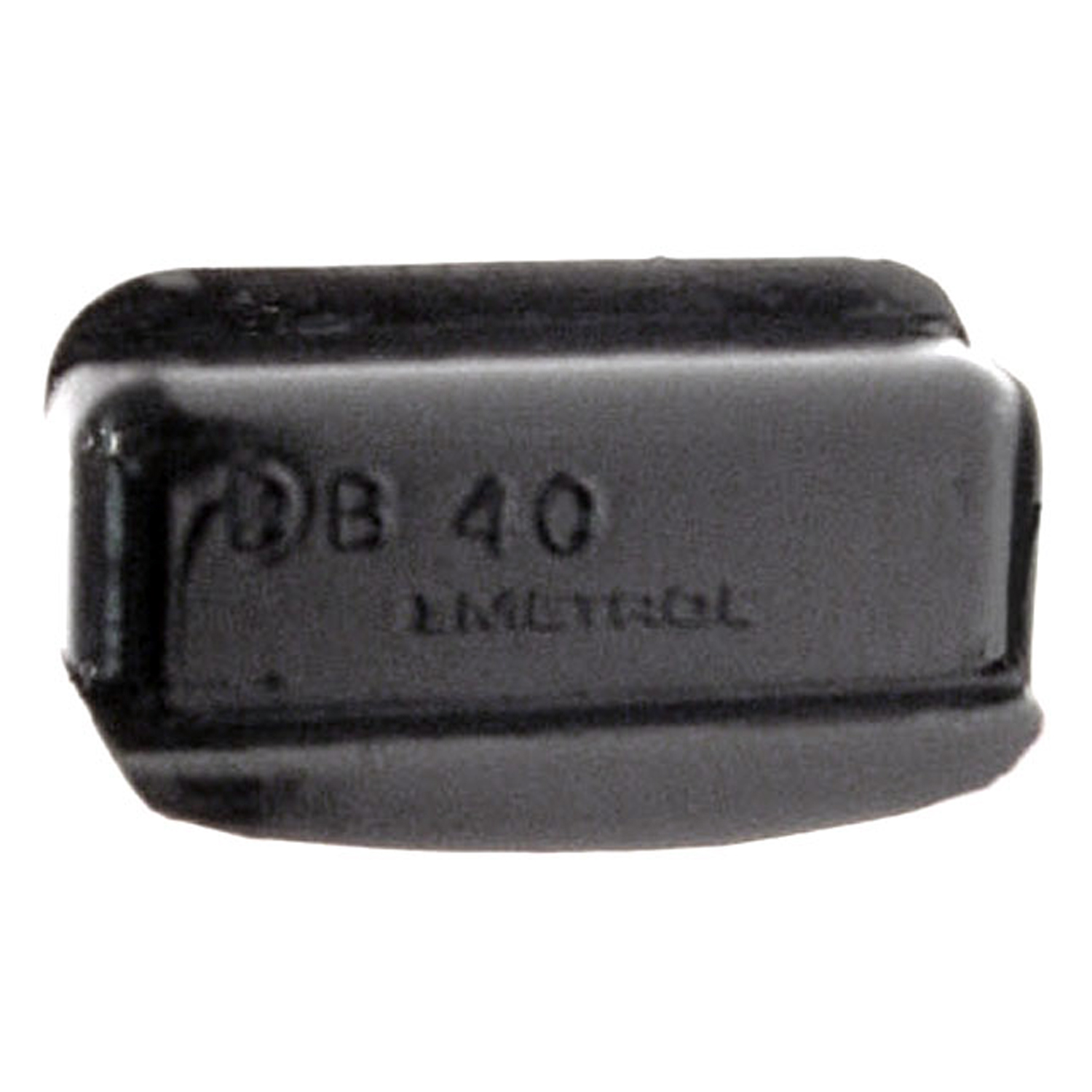 1948 Mercury Mercury Door Bumper. 3/4" high X 1-7/16" wide X 9/16" thick. Each-DB 40Door Bumper. 3/4" high X 1-7/16" wide X 9/16" thick. Each
1948 Mercury Mercury Door Bumper. 3/4" high X 1-7/16" wide X 9/16" thick. Each-DB 40Door Bumper. 3/4" high X 1-7/16" wide X 9/16" thick. Each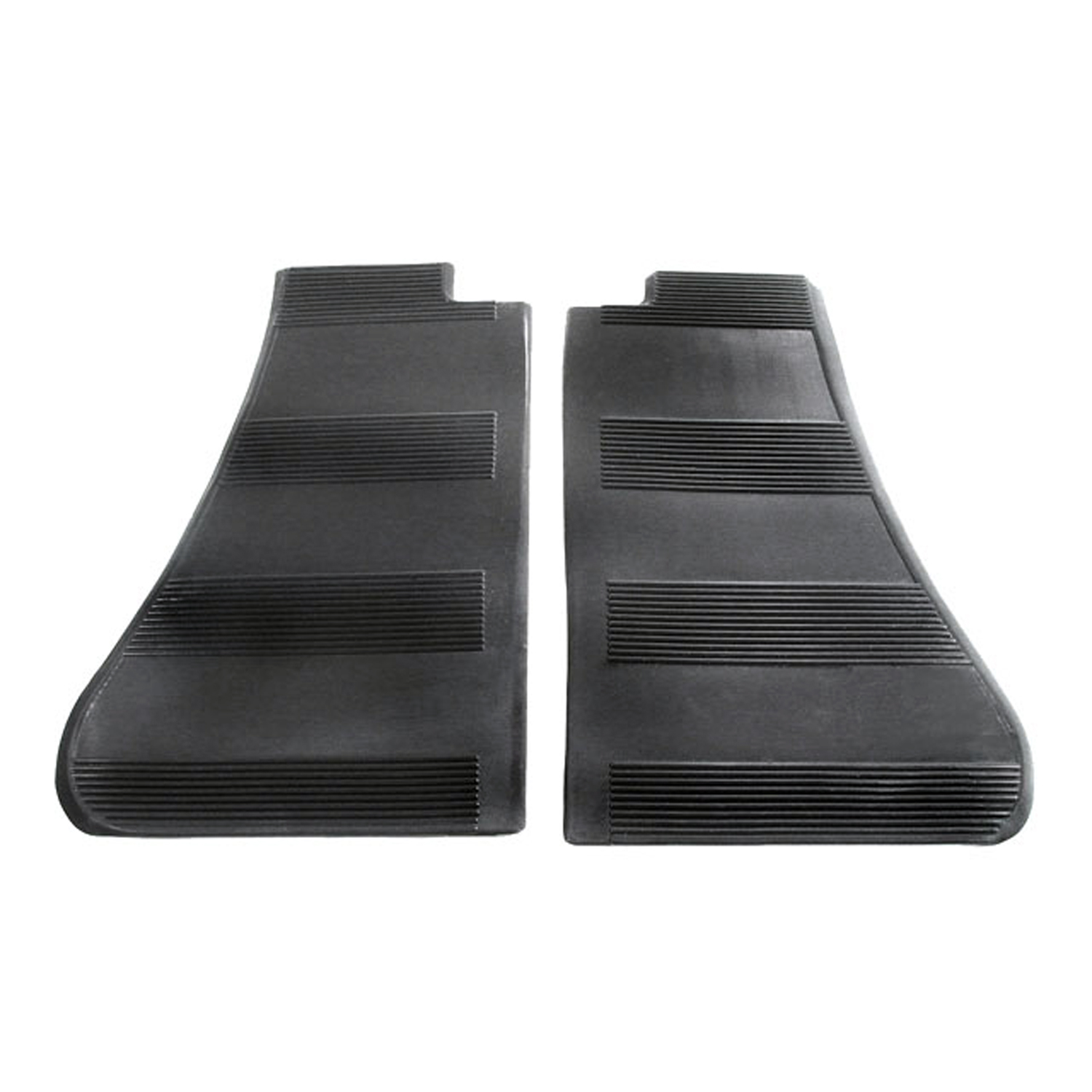 1948 Mercury Mercury Gravel Shields (for station wagon only)-FS 60Gravel Shields (for station wagon only). 16-3/4" long X 10-1/4" wide at top and 5" wide at bottom. Will conform to all curves perfectly. Pair R&L
1948 Mercury Mercury Gravel Shields (for station wagon only)-FS 60Gravel Shields (for station wagon only). 16-3/4" long X 10-1/4" wide at top and 5" wide at bottom. Will conform to all curves perfectly. Pair R&L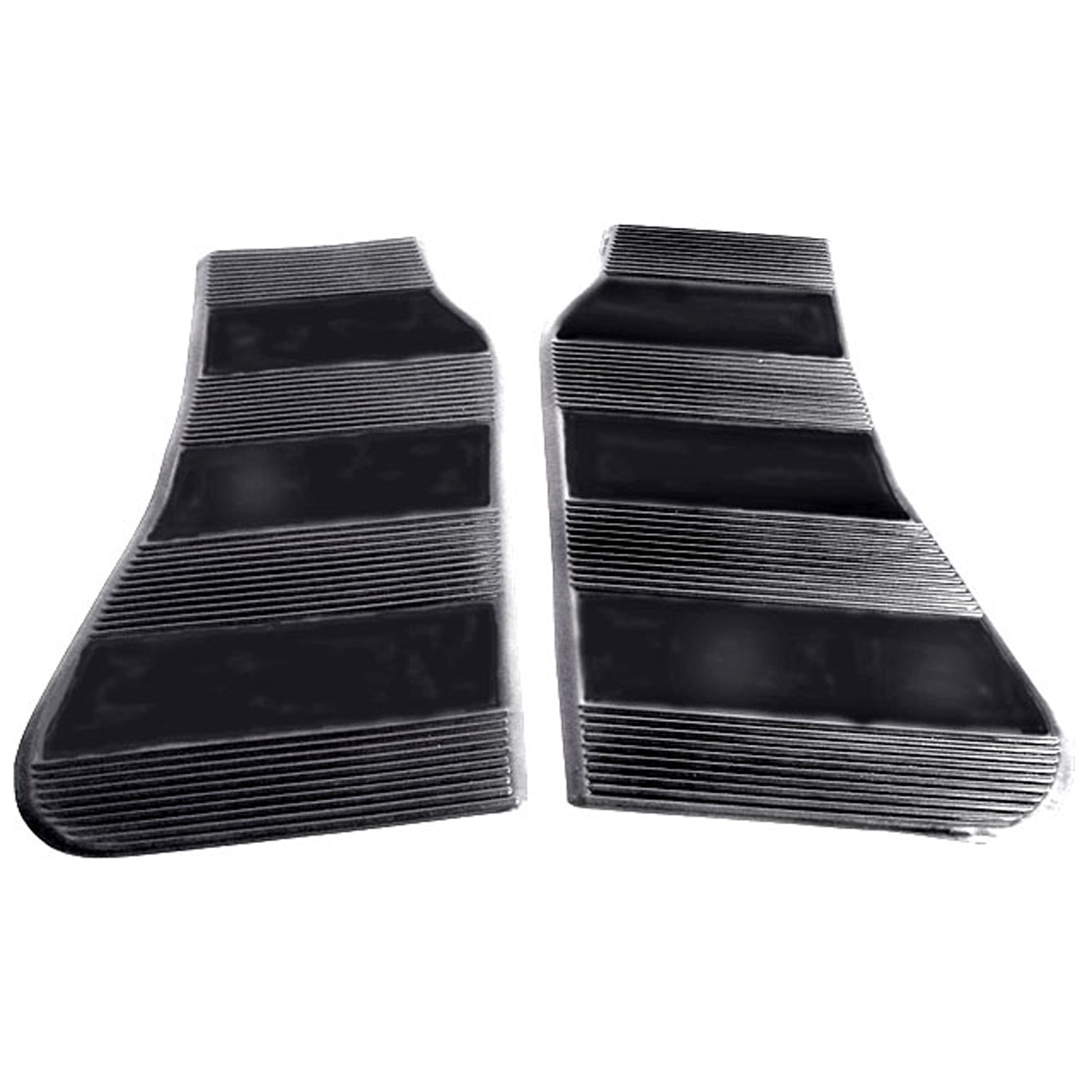 1948 Mercury Mercury Gravel Shields. Will conform to all curves perfectly-FS 61Gravel Shields. Will conform to all curves perfectly. 17" long X 7-3/4" wide at top X 5-1/4" wide at bottom. Pair R&L
1948 Mercury Mercury Gravel Shields. Will conform to all curves perfectly-FS 61Gravel Shields. Will conform to all curves perfectly. 17" long X 7-3/4" wide at top X 5-1/4" wide at bottom. Pair R&L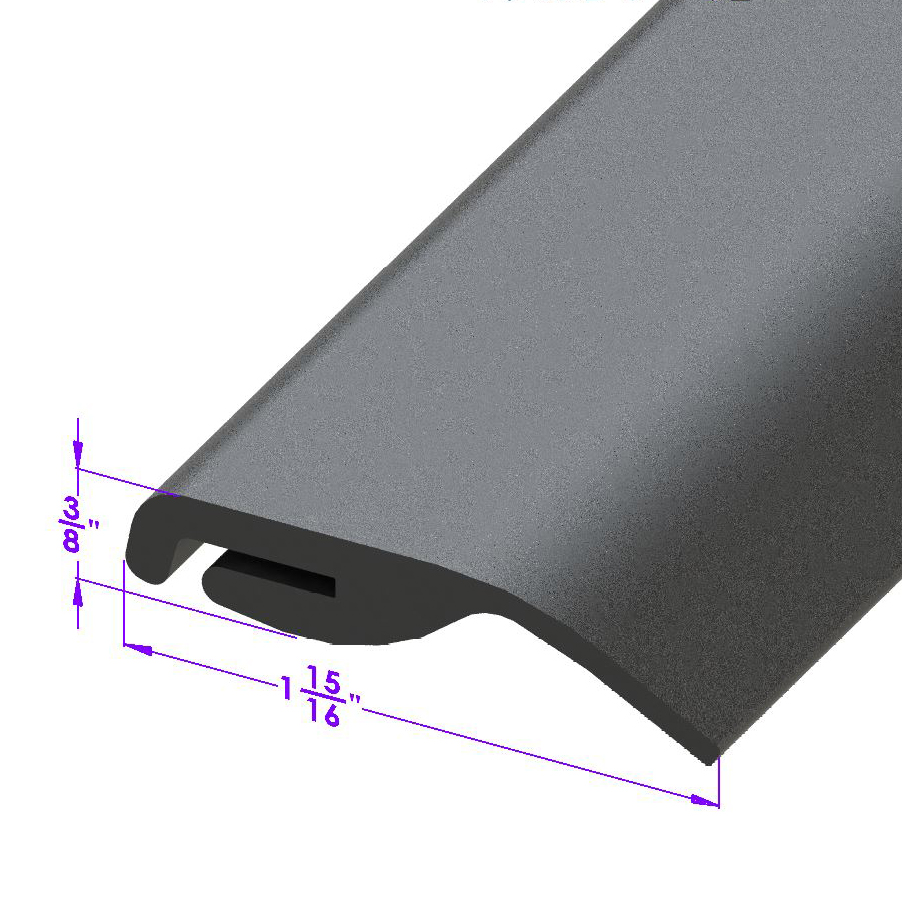 1948 Mercury Mercury Bumper to Body Seal. 2" Wide. Sold by the foot-LP 109-KBumper to Body Seal. 2" Wide. Sold by the foot
1948 Mercury Mercury Bumper to Body Seal. 2" Wide. Sold by the foot-LP 109-KBumper to Body Seal. 2" Wide. Sold by the foot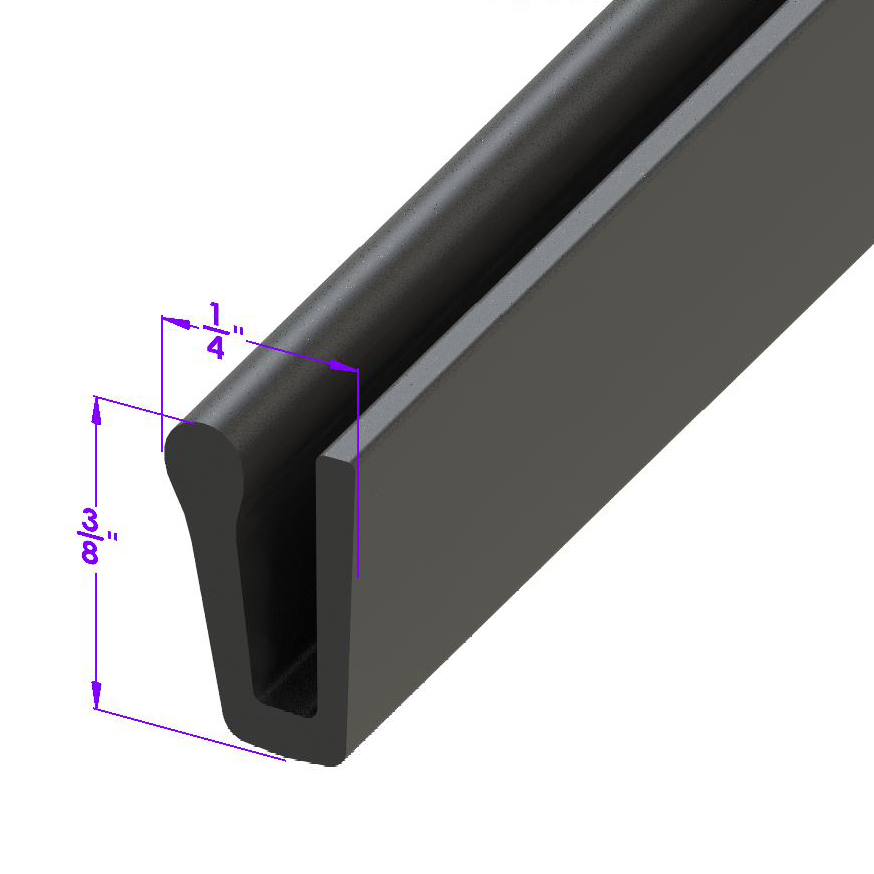 1948 Mercury Mercury Fender Skirt Seal. Sold by the foot-LP 111-P/FTFender Skirt Seal. Sold by the foot
1948 Mercury Mercury Fender Skirt Seal. Sold by the foot-LP 111-P/FTFender Skirt Seal. Sold by the foot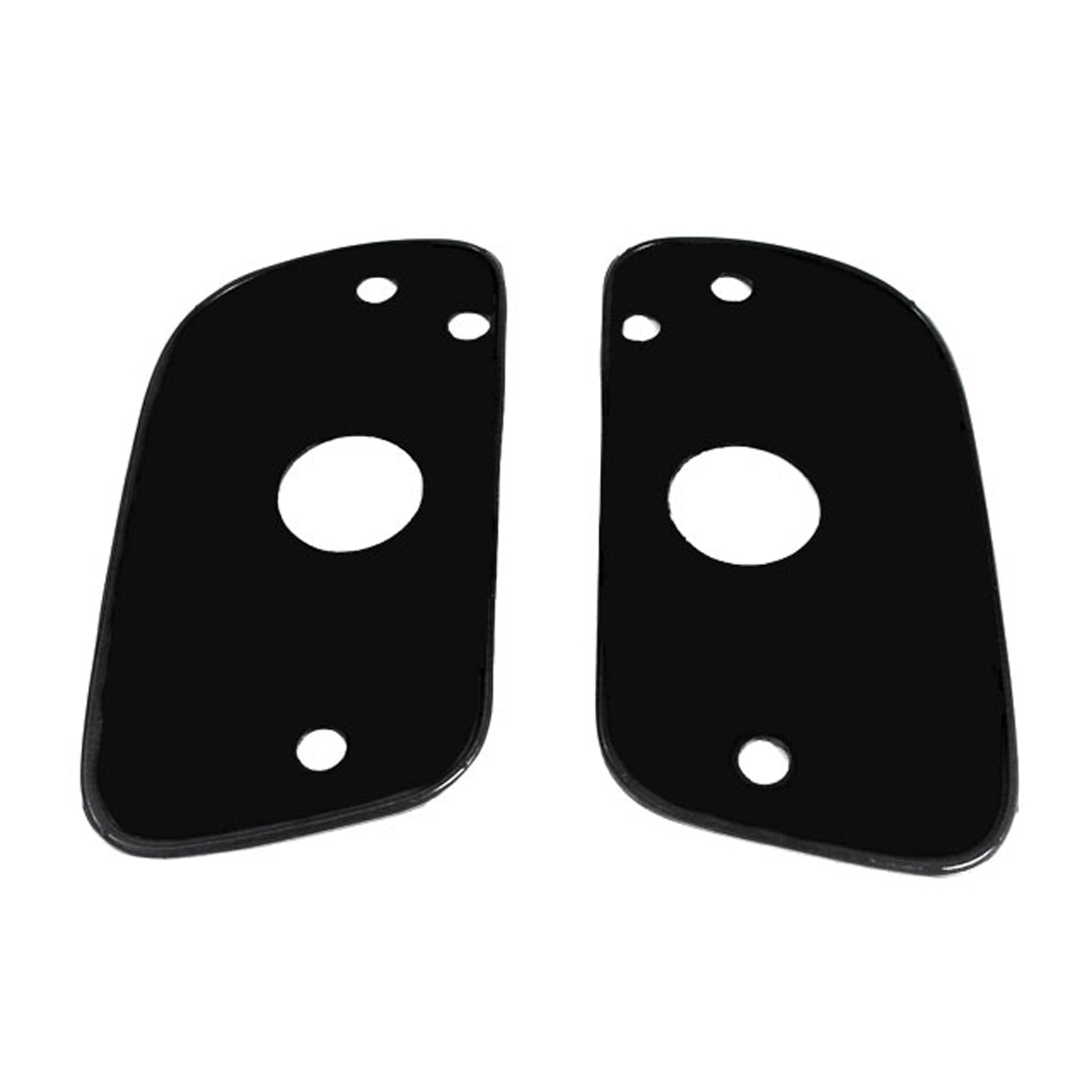 1948 Mercury Mercury Park Light Pads. 3-3/8" wide X 6-1/8" long. Pair R&L-MP 1000-APark Light Pads. 3-3/8" wide X 6-1/8" long. Pair R&L
1948 Mercury Mercury Park Light Pads. 3-3/8" wide X 6-1/8" long. Pair R&L-MP 1000-APark Light Pads. 3-3/8" wide X 6-1/8" long. Pair R&L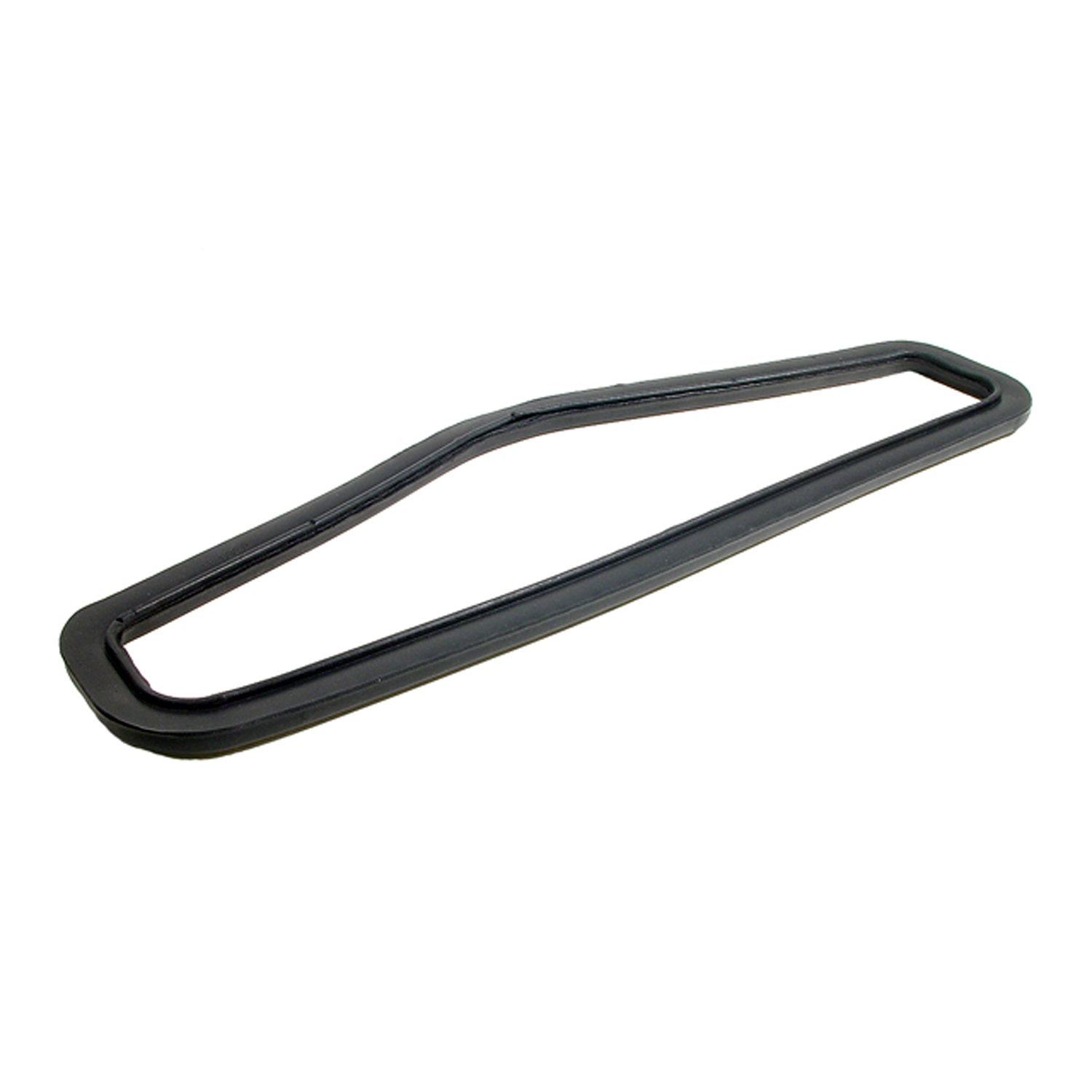 1948 Mercury Mercury Cowl Vent Seal. Made of skin-covered, molded sponge-RP 100-ICowl Vent Seal. Made of skin-covered, molded sponge. 3-1/8" wide at side X 17" long. Each
1948 Mercury Mercury Cowl Vent Seal. Made of skin-covered, molded sponge-RP 100-ICowl Vent Seal. Made of skin-covered, molded sponge. 3-1/8" wide at side X 17" long. Each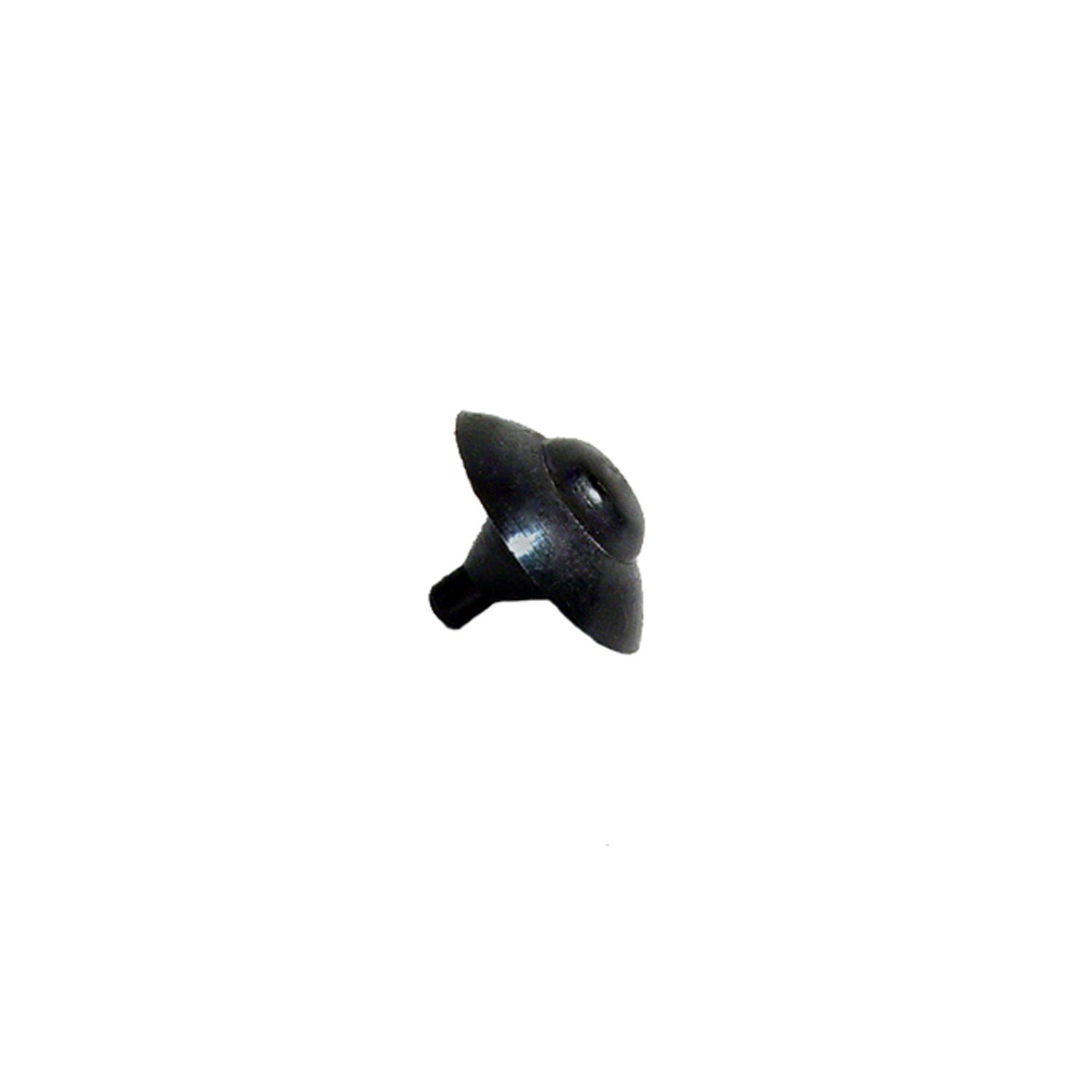 1948 Mercury Mercury Engine Compartment Gravel Shield Bumper-SB 57-AEngine Compartment Gravel Shield Bumper. Twelve used per car. Each
1948 Mercury Mercury Engine Compartment Gravel Shield Bumper-SB 57-AEngine Compartment Gravel Shield Bumper. Twelve used per car. Each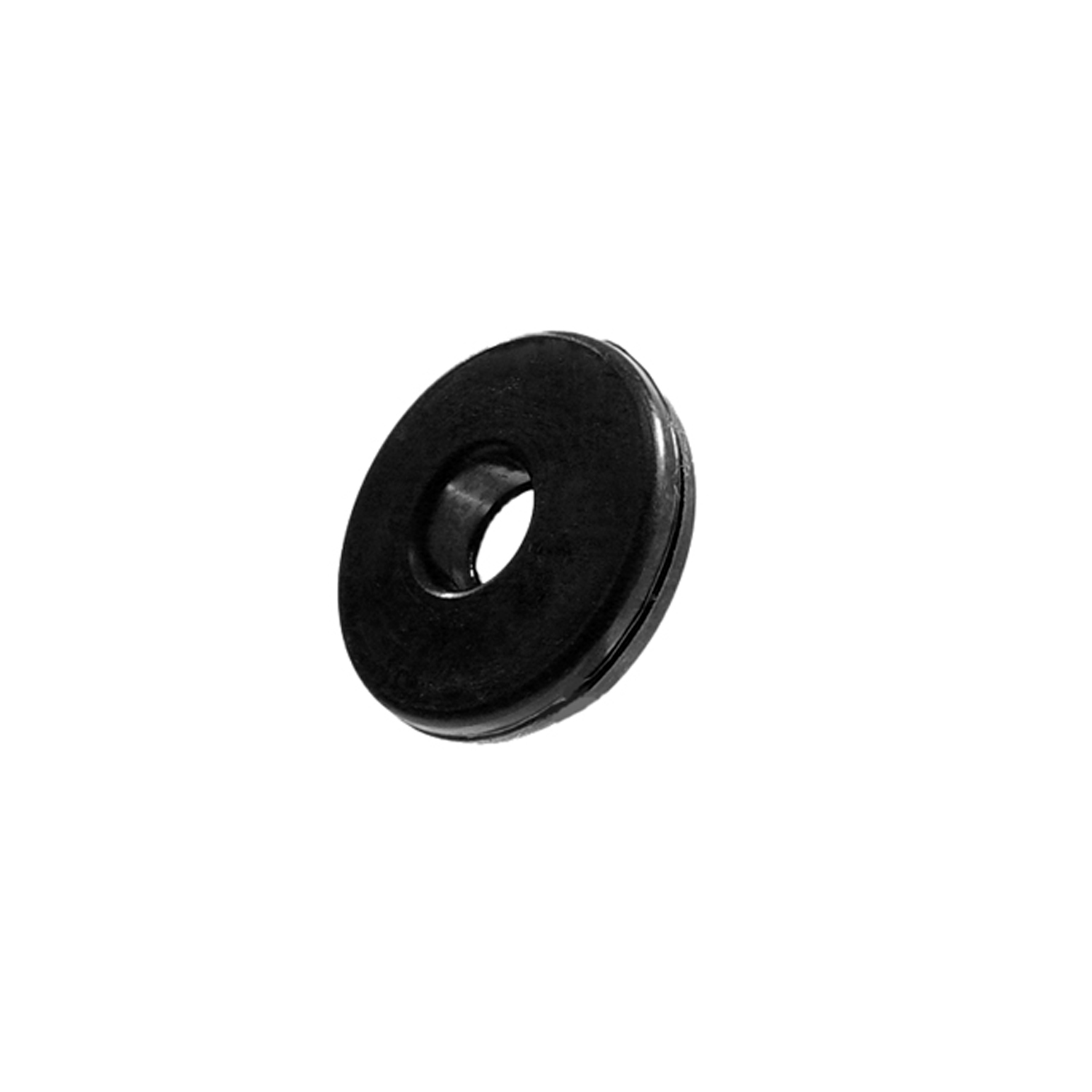 1948 Mercury Mercury Headlight Wires through Inner Splash Pan, Front Fenders-SM 96Headlight Wires through Inner Splash Pan, Front Fenders. Two used per car. 3/8" I.D., 1-5/16" O.D. Each
1948 Mercury Mercury Headlight Wires through Inner Splash Pan, Front Fenders-SM 96Headlight Wires through Inner Splash Pan, Front Fenders. Two used per car. 3/8" I.D., 1-5/16" O.D. EachWhy Choose Metro?
For over 100 years, Metro Moulded Parts has been the pinnacle of quality in classic car restoration parts. Our commitment to precision and authenticity in every component ensures a perfect fit and an OEM-level appearance.
- Expert Craftsmanship & Quality: Each part is a testament to our dedication to reliability and perfection, crafted from original designs and thoroughly tested.
- Advanced Technology: We use cutting-edge techniques to create flawless, long-lasting parts that surpass others in performance.
- SuperSoft Sponge – The Ultimate Door Seal: Not only are our door seals 30% softer than competitors', but they're also guaranteed to never leak. They effectively reduce wind and road noise, enhancing your classic car's comfort and driving experience.
- Proudly American: Our parts are a product of American craftsmanship, made in the USA with a spirit of excellence and heritage.
- Unrivaled Warranty: We back our products with a 30-year industry-leading warranty, a testament to our confidence in their quality.
Join us in preserving the legacy of classic cars with parts that are crafted for perfection, not just made.

